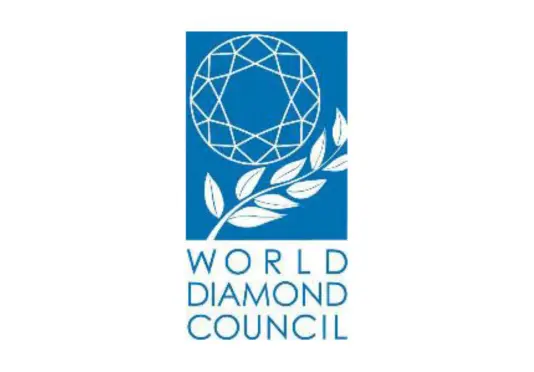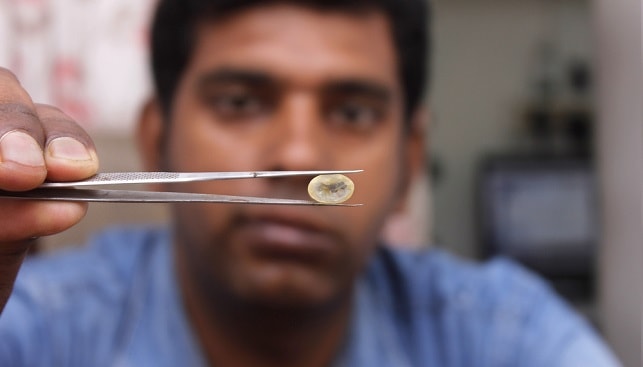The Kimberley Process (KP) is an international initiative that unites governments, civil society organizations, and industry members in an effort to reduce the flow of conflict diamonds, and promote socio-economic development in areas affected by diamond mining.
The KP was established in 2000, subsequently adopted by UN bodies, and began operations in 2003. Its main mechanism is the Kimberley Process Certification Scheme (KPCS), issued by the local Kimberley authority, which requires official certification for international rough diamond shipments to be accompanied by a KP certificate, guaranteeing that they are conflict-free.
The KP brings together 85 countries worldwide, each with its own body responsible for the KPCS. The chairmanship of the Kimberley Process rotates among participating countries. The chair oversees the implementation of the scheme, as well as the activities and work of working groups, committees, and administrative bodies.

Years of Activity
Member Countries
of Conflict Diamonds blocked for trade
Conflict-Free Diamonds
The diamond industry’s Self-Regulation
The System of Warranties (SoW) is a self-regulation system created by the World Diamond Council (WDC) to ensure that all diamonds traded are Kimberley Process compliant throughout the natural diamond supply chain. The SoW protects the integrity of the supply chain, and promotes responsible business practices and universal principles of human rights and responsible trade.
The SoW Guidelines provide a set of rules for diamantaires beyond the minimum requirements and recommendations of KPCS. Guidelines aim to support self-regulation and continuous improvement of industry practices in the buying or selling of rough and polished diamonds, with the goal of creating a chain of accountability throughout the entire diamond pipeline, from mine to retail. Compliance with the SoW Guidelines is done through completing a self-assessment online, and including a warranty declarations on invoices.

The Kimberley Process – the Israeli Angle
During the 1990s, the global diamond industry began to turn its attention to conflict diamonds, following UN resolutions and strengthened awareness to the issue. Israel was one of the first countries in the world to promote the Kimberley Process, and the first country to issue a KP Certificate in 2003. Israel chaired the Kimberley Process in 2010 and continues to play a central role in supporting and advancing the KP today.

August 1999: Global Witness Visits Israel
Representatives of the international NGO Global Witness visit Israel with the goal of raising awareness about the funding of civil wars in Africa, particularly in Angola, through the diamond trade.

April 2000: Hosting the International Rough Diamond Conference
Israel hosts the 2nd International Rough Diamond Conference, which includes panel discussions on conflict diamonds. The Israel Diamond Exchange (IDE) and the Israel Diamond Manufacturers Association (IsDMA) issue a joint statement expressing deep concern about the role of diamonds in funding conflicts in Africa. The IDE takes measures to prevent trade in conflict diamonds mined in Angola, Sierra Leone and the Democratic Republic of the Congo, and revokes IDE membership from diamantaires who knowingly trade in conflict diamonds.

September 2000: The WDC is established in Israel
Israel hosts the conference that leads to the creation of the World Diamond Council (WDC), established to officially represent the diamond industry in the tripartite coalition of the Kimberley Process. Its activities are carried out by various committees, such as Steering, Technical, Finance, etc.

January 2003: Israel makes history
Following two years of discussions by KP members on the ways to prevent trade in conflict diamonds, Israel is the first member to issue a KP Certificate.

May 2004: Mission accomplished
Israel successfully passes a review mission for its implementation of and compliance with the Kimberley Process. The committee commends Israel for its standards, and calls for other countries to follow its example.

2010: Israel Chairs the KP
Israel is appointed Chair of the Kimberley Process. Boaz Hirsch, then the Deputy Director General for Foreign Trade at Israel’s Ministry of Industry, Trade and Labor, is the first Israeli to head the KP. Hirsch sets three main objectives: enforcement in collaboration with the World Customs Organization (WCO), establishment of a committee to work on trade issues, and the establishment of a working group that will run, manage and disseminate knowledge of the Kimberley Process.











